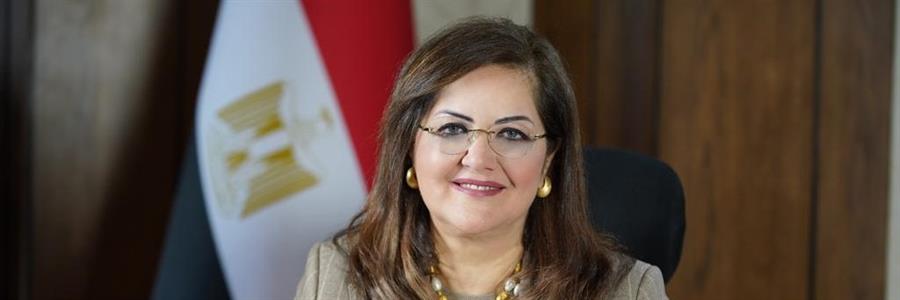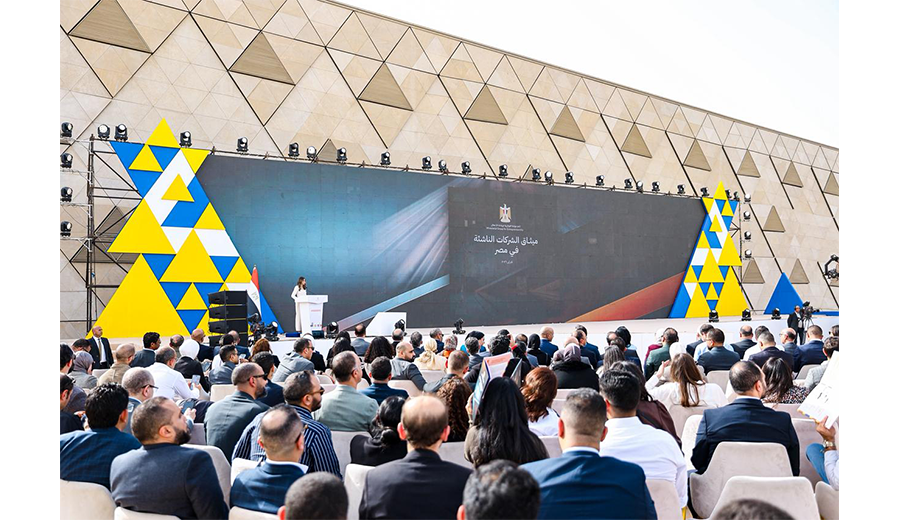Ministry of Planning Releases Report on ICT Sector Targets and Investments for FY 2023/2024

12 March 2024
The Ministry of Planning and Economic Development has released a report on the targets and investments in the communications and information technology sector in the fiscal year 2023/2024.
Dr. Hala El Said, Minister of Planning and Economic Development, emphasized that the communications and information technology sector is one of the most important sectors contributing to enhancing the pillars of sustainable development. It provides modern knowledge and information, which are essential for investment, production, and operation decisions.
El Said highlighted the government's aim to build a digital Egypt by enhancing the infrastructure of information and communications technology, which positively impacts the business environment, reduces transaction costs, and improves the quality and efficiency of government services.
She affirmed that developing communication and information technology systems is a fundamental cornerstone for all aspects of technological development supporting the transition towards a knowledge-based digital economy.
The report presented the developmental vision of the sector, focusing on adapting to the continuous and accelerating technological advancements to achieve strategic objectives. It outlined the development plan aiming to achieve digital justice by providing internet services at affordable prices across all geographical regions, enabling individuals to interact with information technology, fostering an academic environment encouraging innovations and explorations, attracting global data centers for investment, and transforming Egypt into a regional data hub and knowledge exchange center using artificial intelligence.
Regarding the targets for the 2023/2024 plan, the report indicated an increase in the sector's output to approximately 827 billion pounds by the end of the plan period at current prices, compared to about 525 billion pounds in 2023/2024. This corresponds to approximately 560 billion pounds at constant prices, compared to 420 billion pounds in 2023/2024, with a growth rate of about 33.3% in nominal GDP. The plan targets around 346 billion pounds and 277 billion pounds at current and constant prices respectively for the GDP, compared to about 546 billion pounds and 368 billion pounds respectively by the end of the plan period.
Regarding investments, the report highlighted the significant attention given to the communications and information technology sector due to its vitality, growth dynamics, and ability to keep pace with modern technological developments. Investments amounting to 83.3 billion pounds have been allocated in the 2023/2024 plan for the sector, compared to an expected 56 billion pounds investment by the end of the 2022/2023 fiscal year, representing a growth rate of 48.8%. It's worth noting that sector investments account for 5% of the total plan investments. The private sector plays a major role in accelerating the growth of this sector, with private investments totaling around 52.4 billion pounds, equivalent to about 63% of the total, compared to 31 billion pounds of public investments, accounting for 37% of the total.









